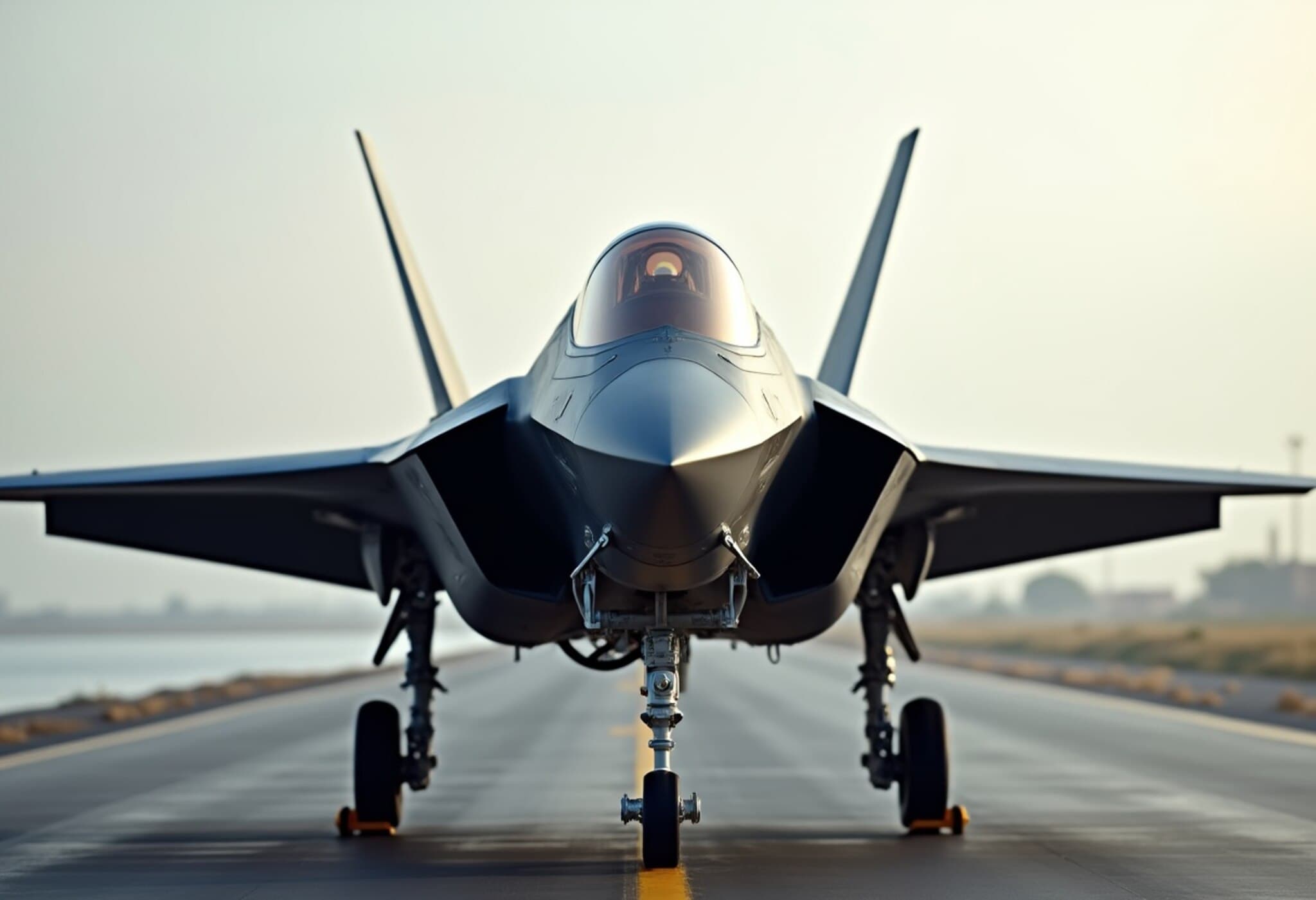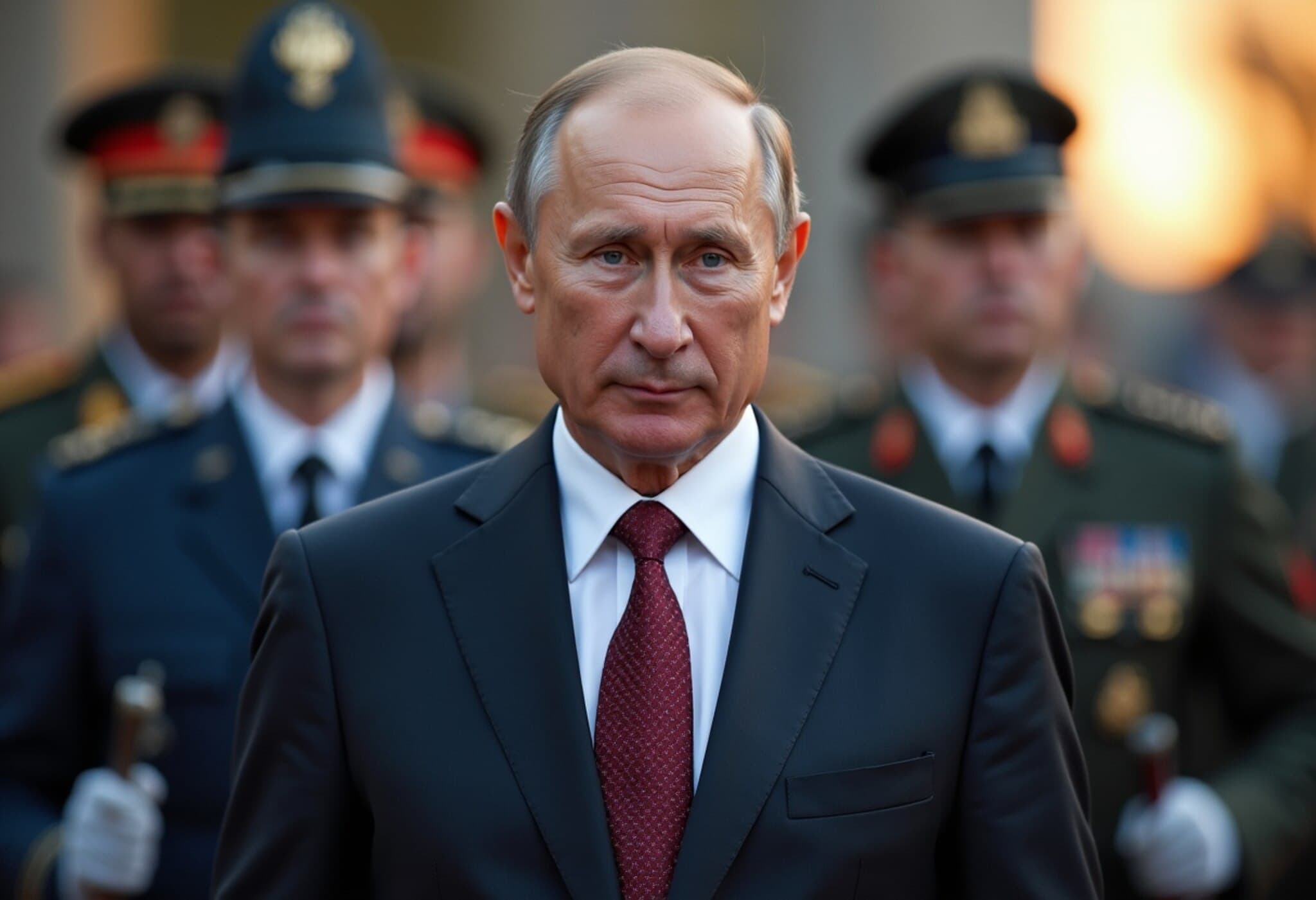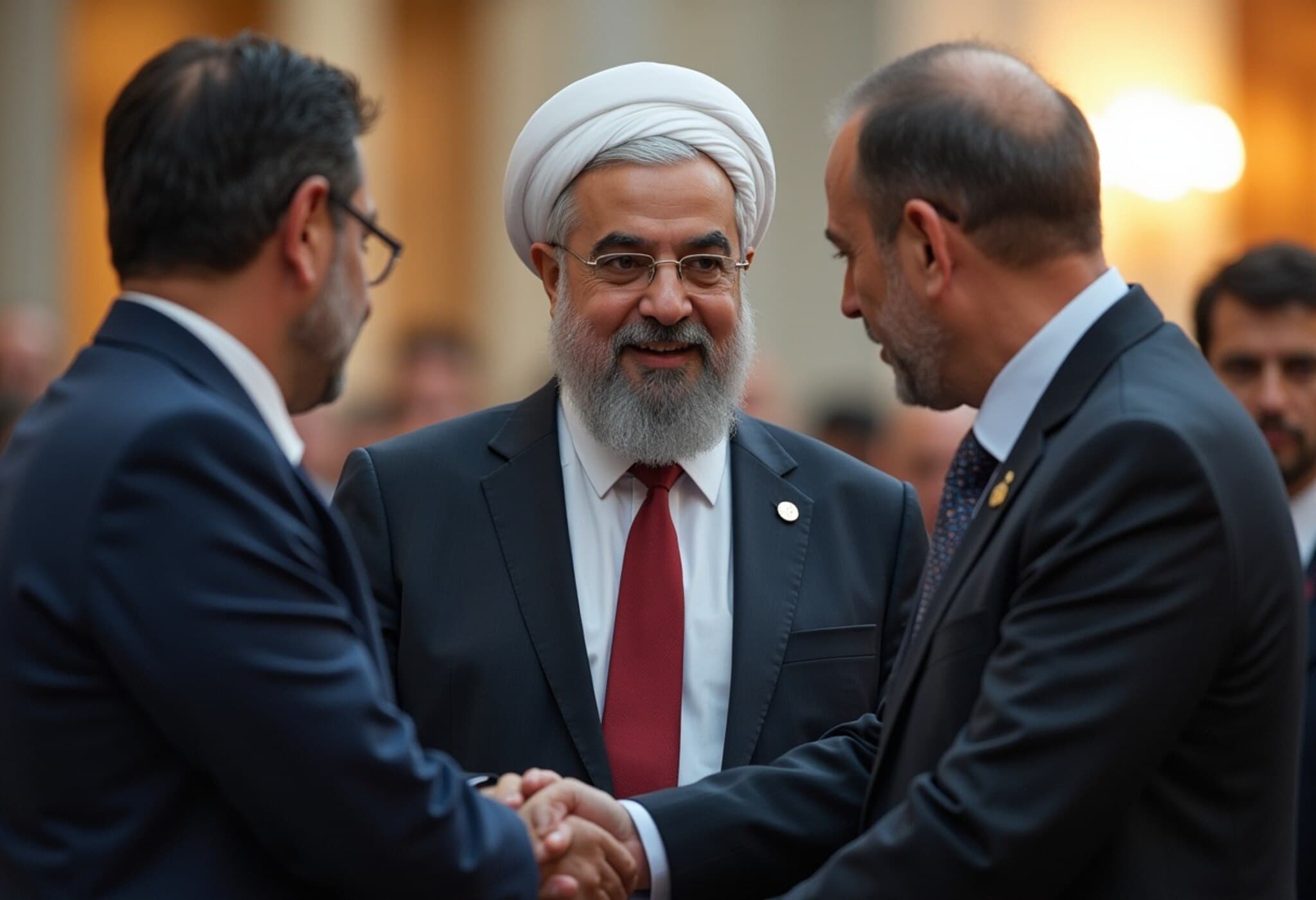British F-35B Jet Set to Take Off From Kerala After Technical Delay
After an unexpected five-week stay on Indian soil, the UK’s advanced F-35B fighter jet is finally preparing to depart from Thiruvananthapuram International Airport in Kerala. Officials confirmed the aircraft, which was sidelined following a technical snag, is now deemed airworthy and scheduled to take off imminently.
Background: An Emergency Landing in Kerala
The state-of-the-art British F-35B stealth fighter, valued at approximately $110 million, was forced to make an emergency landing on June 14, 2025. The jet was returning from sorties over the Indian Ocean when adverse weather conditions necessitated an unscheduled diversion to the southern Indian airport.
Shortly after landing, the aircraft developed a technical issue, grounding it for an extended period and sparking widespread curiosity about how such a sophisticated warplane remained immobilized far from its home base.
Challenges in Repair and Redeployment
A team of Royal Navy engineers flown in from the UK’s flagship carrier, the HMS Prince of Wales, arrived at the Kerala airport armed with specialist equipment to assess and repair the jet. Despite their efforts, immediate fixes proved elusive, leading to concerns the jet might need transport back to the UK via a heavy-lift aircraft such as a C-17 Globemaster.
Throughout the ordeal, official details on the nature of the malfunction were sparse, with both the UK Ministry of Defence and the High Commission in India maintaining discreet communications regarding the aircraft’s status.
Technical Readiness Confirmed Amid Operational Secrecy
On the cusp of its departure, airport officials disclosed the F-35B has been cleared for flight, signaling the end of a logistical puzzle that captivated defense analysts and aviation enthusiasts worldwide. The timing of the jet's actual takeoff remains dependent on factors like in-flight refueling arrangements and transit logistics.
This episode underscores the complexities inherent in deploying cutting-edge military technology across global theaters, especially in remote or unexpected locations.
Expert Analysis: Implications and Reflections
From a defense policy perspective, this incident highlights the challenges even advanced stealth aircraft face outside controlled environments. The delay in repair and departure illuminates supply chain vulnerabilities and the critical importance of having rapid-response technical units stationed near strategic transit points.
Furthermore, it raises questions around intergovernmental coordination during unforeseen military equipment groundings on foreign soil. The diplomatic balancing act between operational secrecy and transparency can influence bilateral relationships and public perception.
In the American context, where Lockheed Martin manufactures the F-35, this incident might prompt industry and defense officials to reassess support infrastructure and logistics protocols for forward-deployed assets.
What’s Next for the F-35B?
- The jet is expected to resume its journey back to the UK shortly.
- Technicians and specialized equipment will also be transported back, potentially using a backup aircraft.
- The incident’s logistical learnings will likely inform future contingency planning for similar unexpected on-ground technical issues.
Editor’s Note
This episode serves as a reminder that even the most sophisticated military hardware is susceptible to real-world challenges. Beyond the glossy headlines about cutting-edge stealth jets lies a complex web of operational readiness, international cooperation, and rapid technical troubleshooting. For policymakers and defense analysts alike, the Kerala F-35B incident underscores the importance of robust support frameworks and strategic foresight to maintain global military agility.



















